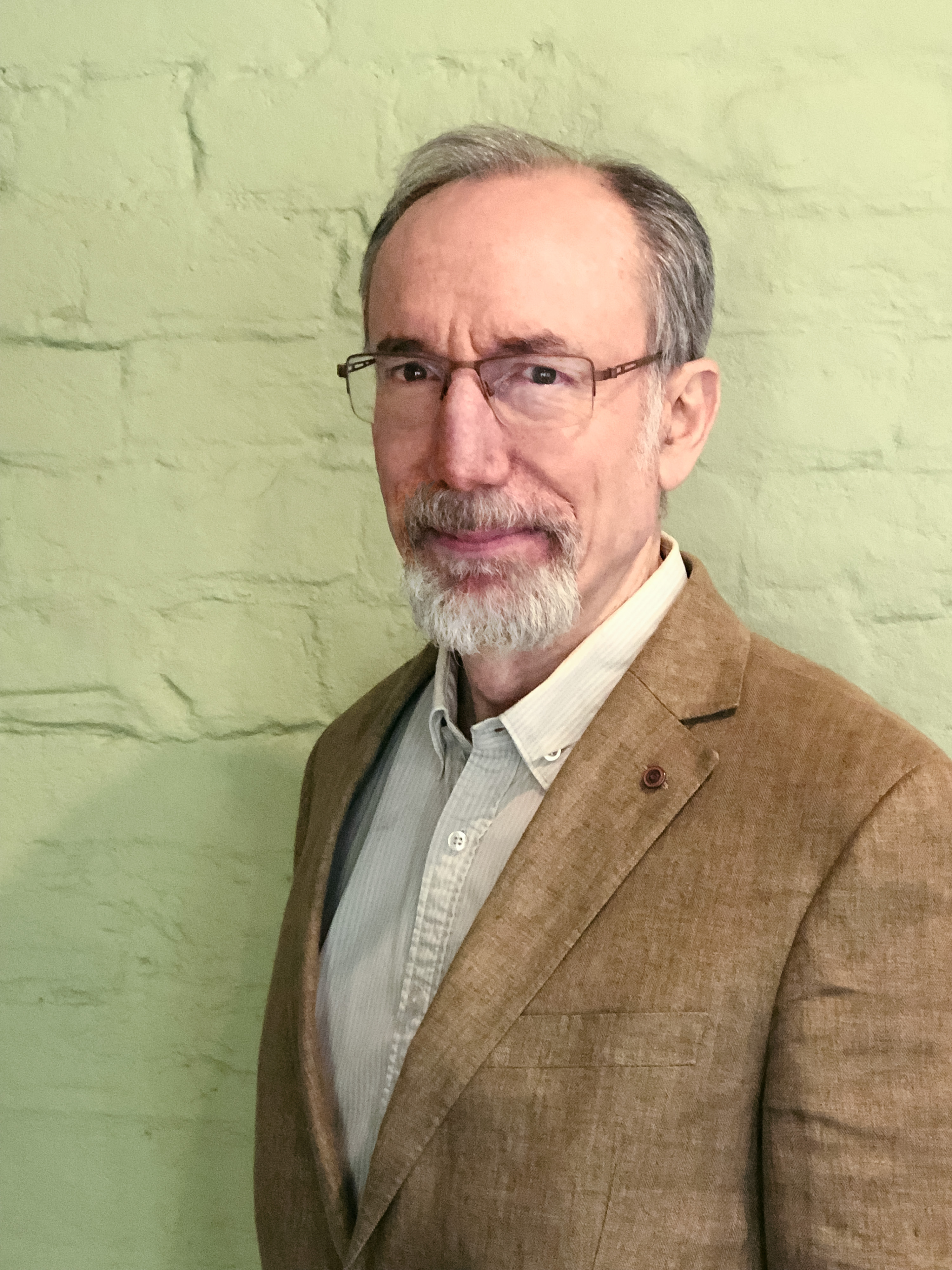Productive dialogue across lines of power
William Rifkin ’78

While working toward his PhD in sociotechnical studies at Stanford University in the 1980s, William Rifkin ’78 examined how a water quality control board in California handled disputes over pollution cleanup costs. The board was entirely Republican, while its technical staff seemed to be primarily Democratic—yet 99% of the time, the sides reached mutually agreeable resolutions. How? Rifkin sifted through testimony from polluting companies, the board’s staff, and environmental groups, eventually concluding that the most productive exchanges occurred when experts allowed themselves to be interrupted. Interacting with someone who lets you ask questions is empowering and builds connection, says Rifkin, whose career focus is on improving dialogue between experts and non-experts.
Now a professor emeritus at the University of Newcastle in Australia, he recently retired from his role as chair in applied regional economics at the school’s Hunter Research Foundation (HRF) Centre. “Communication has two elements—an information part and a relationship part,” he says. “They’re intertwined in a way that can’t be disentangled.”
Born in the US, Rifkin went to Australia after finishing his PhD. He settled in, met his wife, and has remained for his entire career. He credits his MIT physics studies with interesting him in the social aspects of science and teaching him to look beyond professional dogma to solve problems.
Nearly a decade ago, the University of Queensland hired Rifkin to determine how communities in a rural area were being affected by development to extract natural gas from underground coal seams. His answer: stress—due to a surge in housing prices, an influx of new workers, and concerns around pollution and health. Pro-gas and anti-gas factions lacked the means to engage productively, but his team developed a toolkit that helped industry, government, and community partners assess the social and economic impacts. “It described what was happening in these communities in a language that local residents recognized and that could also be understood in the seats of power,” he says.
As HRF Centre director, Rifkin played a pivotal role in founding a civic leadership coalition focused on the long-term interests of the Hunter Valley region in New South Wales. Within a year, the Committee for the Hunter helped land a massive investment by the federal government to upgrade the region’s airport.
Common to all his work, says Rifkin, is the idea that helping people talk is only half the battle. Dialogue, he says, “suspends relationships of power, enabling people to actually hear one another.”
Keep Reading
Most Popular
Large language models can do jaw-dropping things. But nobody knows exactly why.
And that's a problem. Figuring it out is one of the biggest scientific puzzles of our time and a crucial step towards controlling more powerful future models.
How scientists traced a mysterious covid case back to six toilets
When wastewater surveillance turns into a hunt for a single infected individual, the ethics get tricky.
The problem with plug-in hybrids? Their drivers.
Plug-in hybrids are often sold as a transition to EVs, but new data from Europe shows we’re still underestimating the emissions they produce.
Stay connected
Get the latest updates from
MIT Technology Review
Discover special offers, top stories, upcoming events, and more.